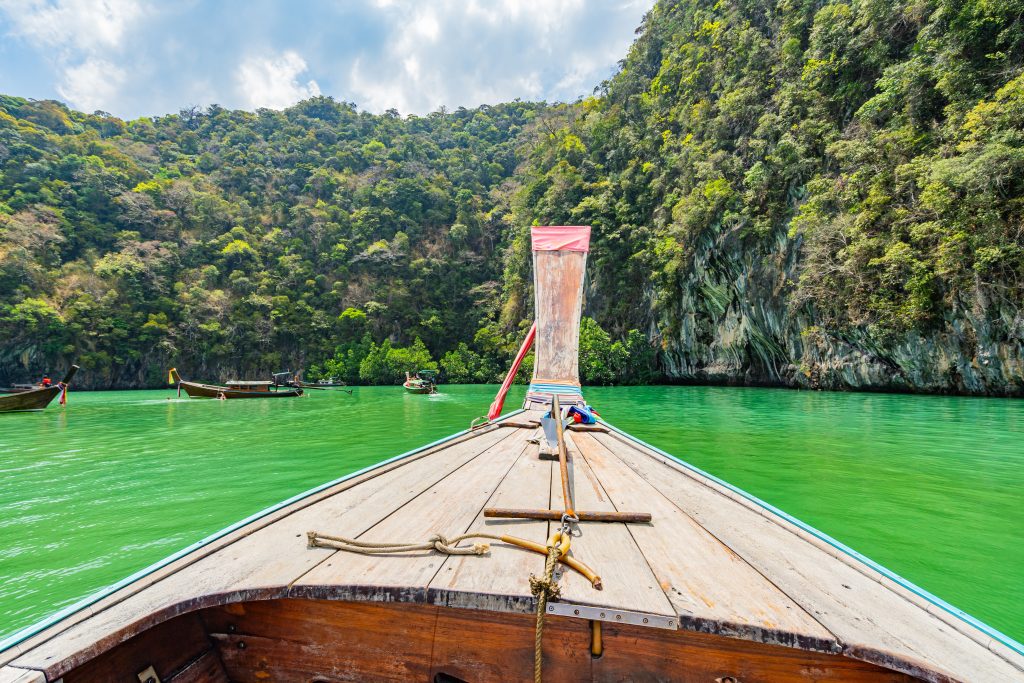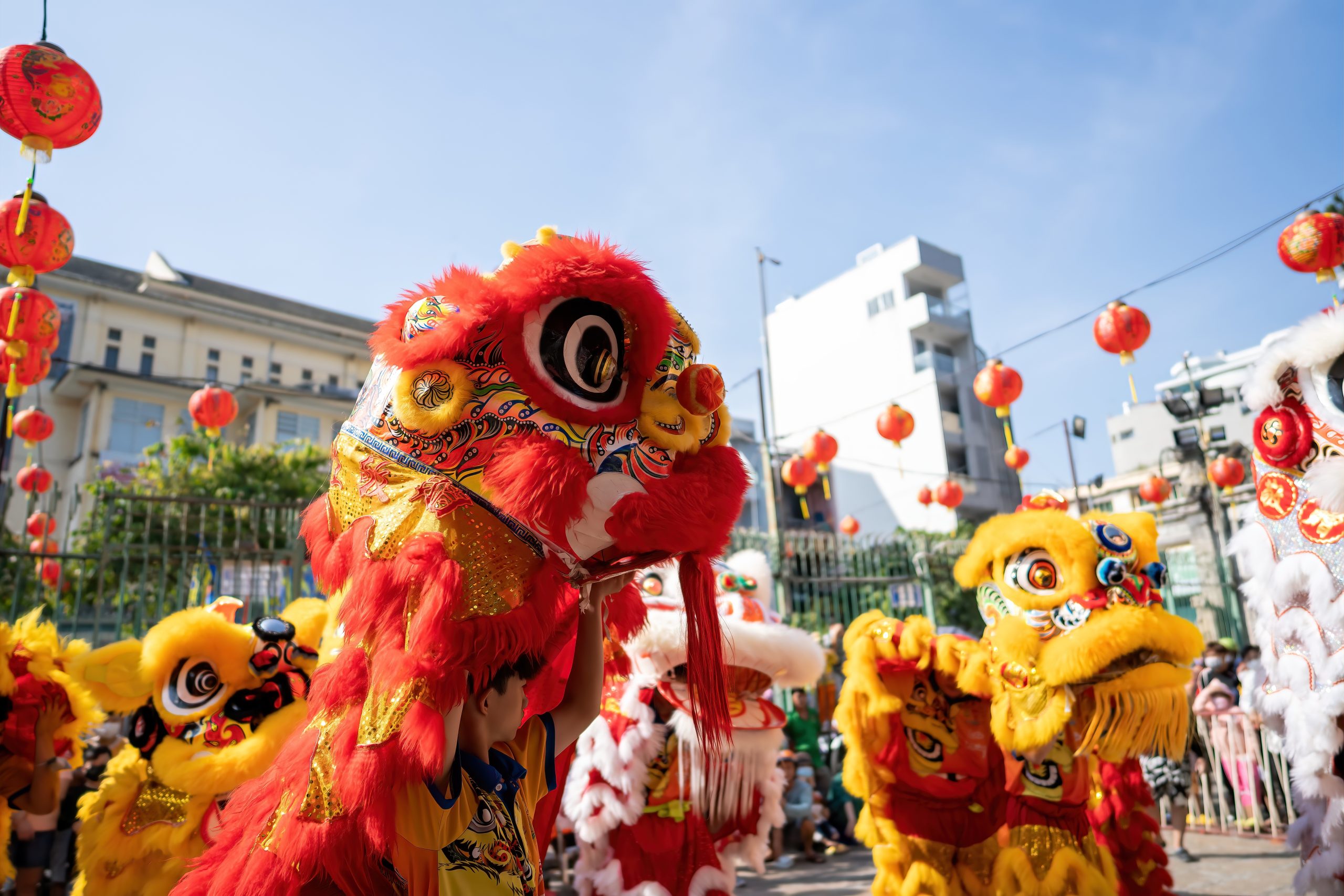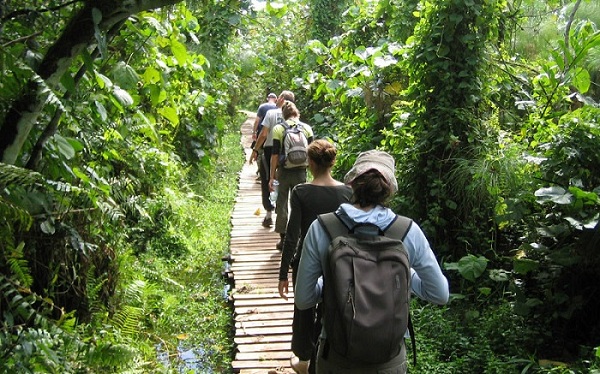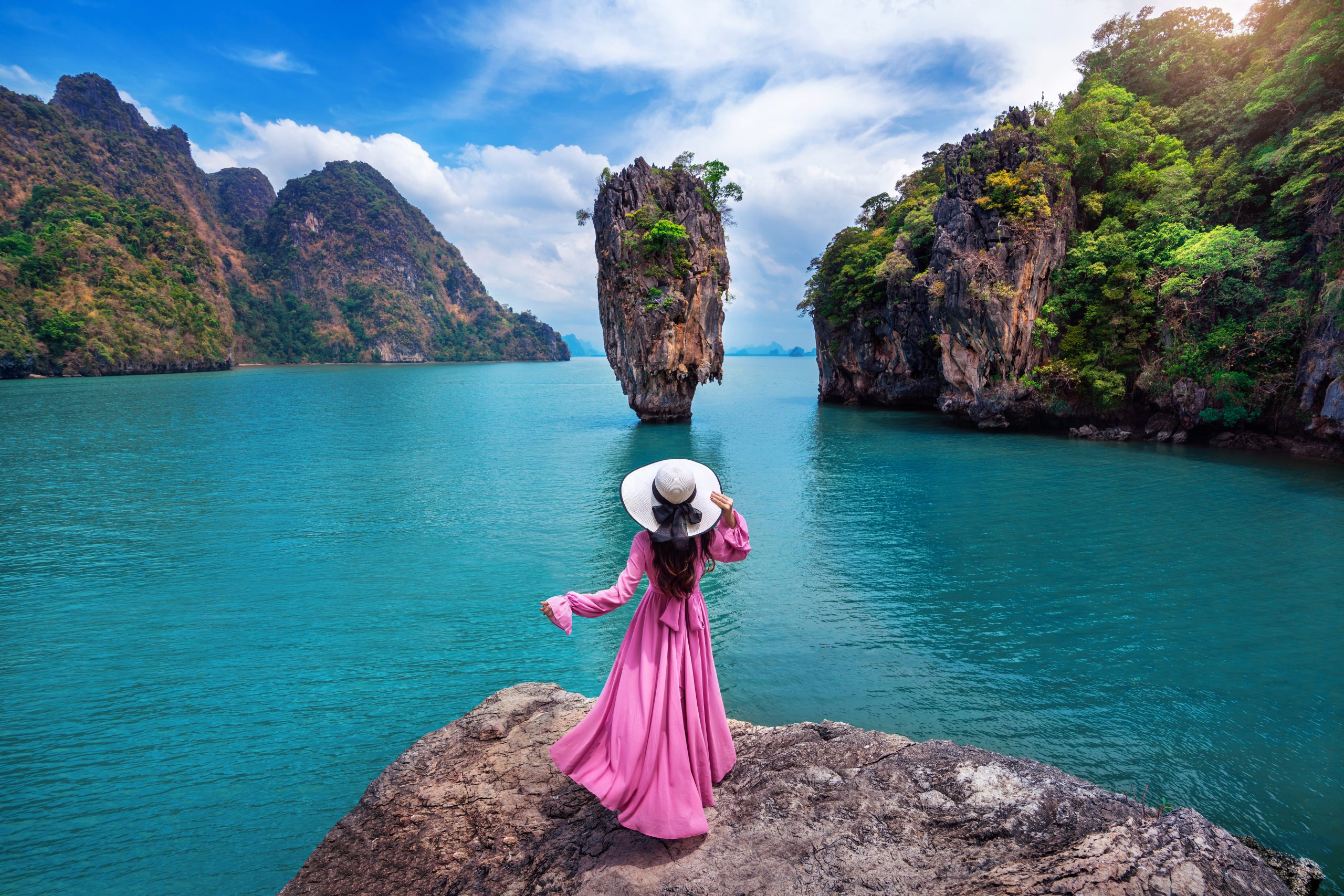
Southern Thailand is entering a new era of tourism with the launch of the “De-Stress Economy,” a forward-looking model that places well-being, creativity and sustainability at the centre of travel experiences. Introduced in 2025, this approach is designed to meet the rising global demand for wellness tourism; offering restorative journeys that enhance both mental and physical health, while also fostering cultural and environmental connections.
At its heart, the De-Stress Economy reflects a growing trend: travellers are seeking experiences that go beyond leisure and sightseeing; increasingly, they want trips that rejuvenate, inspire and connect them to the communities they visit. With its mix of pristine landscapes, diverse traditions and creative talent, Southern Thailand is positioning itself as a destination where well-being and culture intersect.
One of the flagship showcases for this new model is the upcoming Pakk Taii Design Week 2025, taking place from 28 August to 7 September in Songkhla Old Town and Hat Yai. With the theme “South Paradise”, the festival will highlight wellness, cultural immersion and creative expression. Visitors can look forward to interactive workshops, exhibitions, performances and discussions that explore how tourism and well-being are increasingly intertwined. Local entrepreneurs will also have a platform to showcase wellness-focused products and services, while activities such as meditation, yoga and eco-tours will demonstrate how the region can blend recreation with renewal.
By prioritising wellness and sustainability, Southern Thailand is aligning itself with broader shifts in global tourism. Eco-conscious travel is a fast-growing market segment, and the region is responding by promoting low-impact activities like cycling, hiking and community-based experiences. These not only help preserve the environment but also generate new income streams for local businesses, creating a virtuous cycle where tourism supports livelihoods while protecting the very landscapes that attract visitors.
The De-Stress Economy is also reshaping the kinds of tourism products on offer. Beyond the beach resorts and nightlife Thailand is famous for, visitors can now find heritage tours, traditional wellness therapies, local culinary experiences and cross-cultural exchanges. These offerings speak directly to a new generation of travellers who value authenticity and personalisation, and who see travel as an opportunity to live well rather than simply to escape.
Economically, the model is expected to provide a significant boost to the region. By spreading tourism benefits across smaller towns and lesser-known areas, it helps diversify income and reduce over-reliance on a few key destinations. Entrepreneurs, artisans and wellness providers stand to benefit from increased exposure, while the integration of culture and health into the visitor experience strengthens Thailand’s brand as a destination for high-value, sustainable tourism.
In the long term, this strategy could reshape Thailand’s position in the regional tourism market. By tapping into the global wellness trend and aligning it with local strengths, Southern Thailand is setting itself up as a hub for meaningful, wellness-driven travel. Cross-border tourism and regional cooperation are also likely to grow, as Southeast Asian destinations work together to meet the rising demand for experiential and eco-friendly travel.
The introduction of the De-Stress Economy could also provide a blueprint for the future of tourism in Thailand. By putting sustainability, wellness and creativity at the forefront, Southern Thailand is poised to attract discerning travellers who want their journeys to be restorative, authentic and impactful. If successful, the region could become a model for other destinations worldwide, showing how tourism can deliver both economic growth and emotional renewal.




